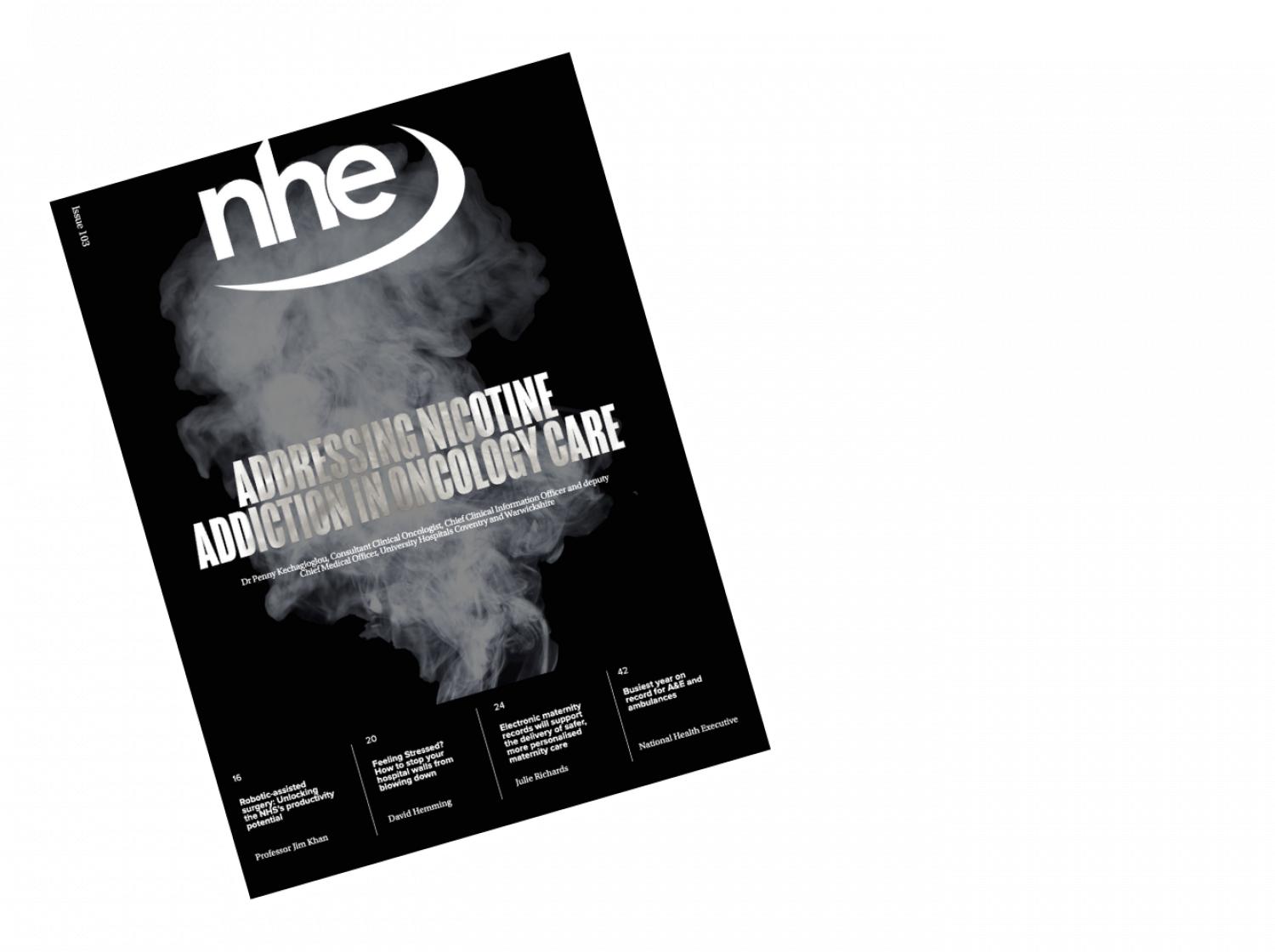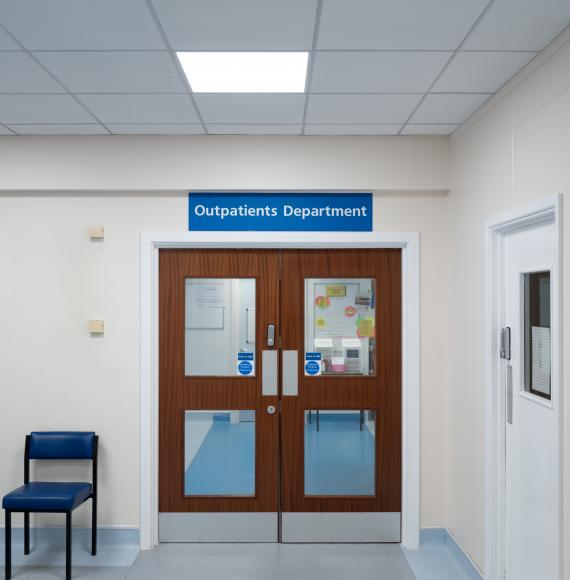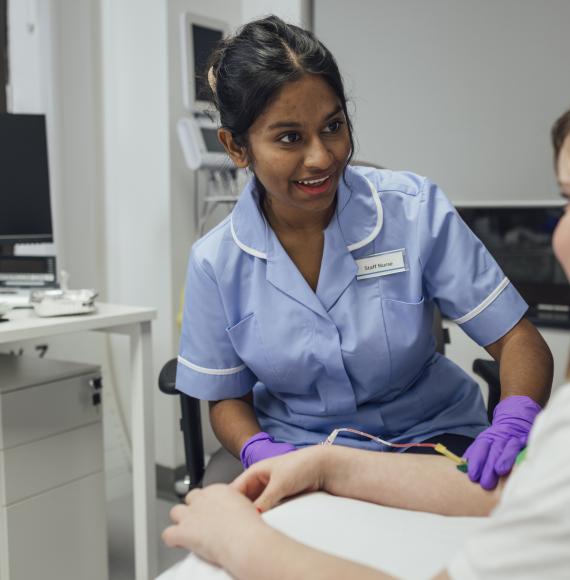The final NHS performance statistics before the general election next month have put the scale of the waiting list challenge into sharp focus, as health leaders from across the sector call for the next government to take swift action.
What may sound the alarms most is the fact that — despite NHS staff delivering the highest number of planned procedures, appointments and tests for the month of April ever — the overall elective backlog went up for the first time since last October, from 7.54 million in March to 7.57 million.
Meanwhile, A&Es across England saw 2.42 million attendances in May, which is the most since the start of this Conservative premiership. It was also the second busiest month ever for emergency admissions, with the 564,693 of last month coming runner-up only to the March of this year which had 567,456.
Last month was also the highest May on record for Category 1 ambulance incidents at 81,774 — Category 2 callouts were high too with 392,275 recorded.
"Today's figures confirm the scale of the challenge facing the health service — and the next government — to get NHS performance back on track,” according to NHS Providers’ deputy CEO, Saffron Cordery.
"The next government must work with the NHS to create a health service fit for the future."
The NHS Confederation’s acute network director, Rory Deighton, said: “These figures are a stark reminder of the immense pressure the NHS is under, with leaders and their teams having to work incredibly hard to care for patients in the face of relentless demand.”
The organisation renewed its call for whoever forms the next government to put an extra £6.4bn a year into capital budgets so productivity gains can be fully realised.
The Nuffield Trust’s research director sounded caution over the issue, warning that it is unlikely the waiting list problem will go away before the end of the decade.
“It is hard to overstate what a profound political challenge the huge waiting list has become now,” said Dr Sarah Scobie.
“All the political parties recognise the importance of bringing down waiting times but this huge backlog is going to be a constant spectre for the next government, whoever gets the keys to No 10 in July.
“Truly tackling it effectively will be something that takes time, investment, patience, and hard work — and it’s likely that on current plans it will be extremely stretching to eliminate it before the end of this decade.”
The King’s Fund called for a bolstering of community and primary care, delivery of previously promised social care reform, and investment in prevention if the next government is “serious” about combatting the problems within the NHS.
Resolving strike action will also be of primary concern for whoever comes into No.10 on the fifth of July, with junior doctors of the British Medical Association planning a five-day walkout just before the election at the end of June.
Chief analyst at The King’s Fund, Siva Anandaciva, commented: “History has shown that the NHS can deliver better care and shorter waits for patients when it is given the right resources and has a coherent improvement plan.
“At the end of the day, politicians, national bodies, health care staff and the public all want timely and high-quality care to be available for all — it is now up to the next government to make that possible.”
The NHS’s performance statistics are available here.
Image credit: iStock



















